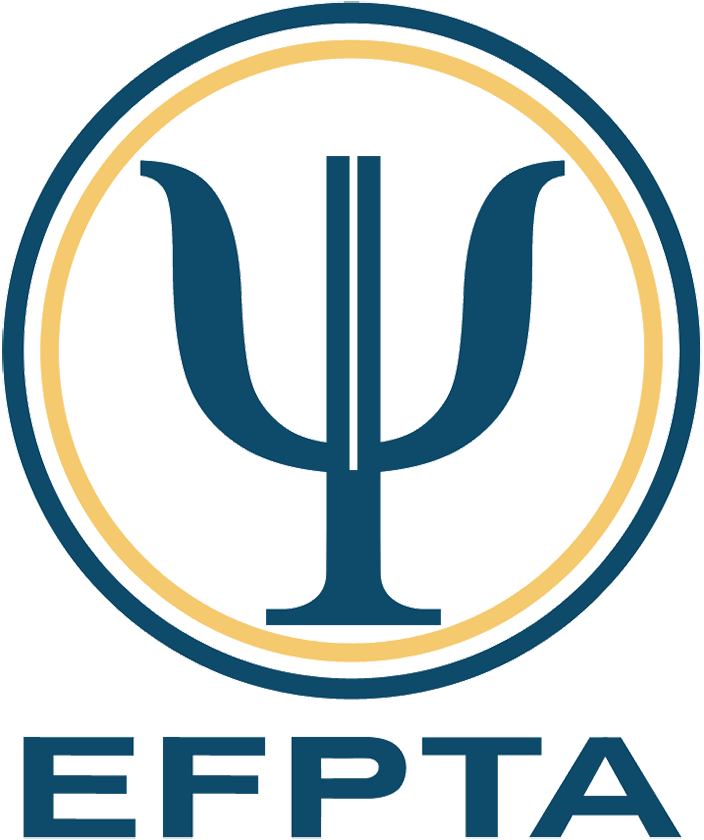The activities of EFPTA include:
- Research in psychology education – see the Presentations and Resources tabs for research outputs (posters, reports, conference presentations)
- Educational Projects – including student exchanges and network collaborations
- Addressing key issues on how and where psychology is taught
Key Issues
EFPTA debate and campaign on issues in pre-university education, including:
- In many countries, psychology is not taught in schools at all – should it be taught to ALL young people?
- Where psychology IS taught in schools, should it be optional (as in most countries currently) or compulsory, as in Finland?
- Teacher qualifications vary between countries – how can we ensure that psychology teachers are well qualified?
- Should psychology be taught from 12-13 years, or is 15-16 years a more suitable age to start?
- Should a pre-uni psychology qualification be made a pre-requisite to gain entry to a university psychology course?
Projects
Examples of projects both past and current include:
- Twin your psychology class with students in another country!
- Teacher and student exchanges – e.g. Denmark / Scotland
- Student collaboration online, on practical research activities – Iceland /England
- Student contributions to events & Newsletter
- Visiting speakers at national association events,including Germany / Scotland, Finland / Scotland
- Contribution by teachers from several countries to a book on pre-university psychology teaching – Italy
- Numerous contacts /networks across Europe, online or in person, e.g. for specialist interest groups
Funding for EFPTA / European activities
A great source of funding for EU countries is the ERASMUS+ programme from the European Commission. Both students and teachers can apply for funding for various projects. In addition, various funding opportunities are offered by the education ministries of most countries, and also by local/regional government authorities, as well as by educational trusts and charities.
ERASMUS+ is the EU programme for education, training, youth and sport
http://ec.europa.eu/programmes/erasmus-plus/node_en
ERASMUS+ Programme Guide
http://ec.europa.eu/programmes/erasmus-plus/resources_en#tab-1-0
